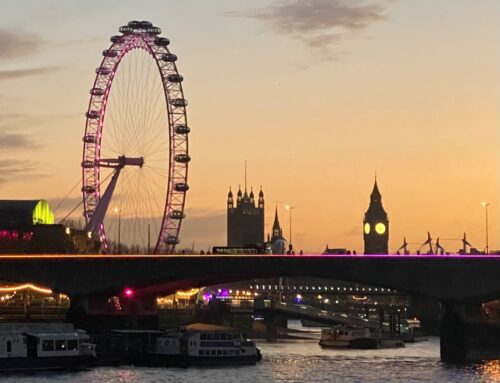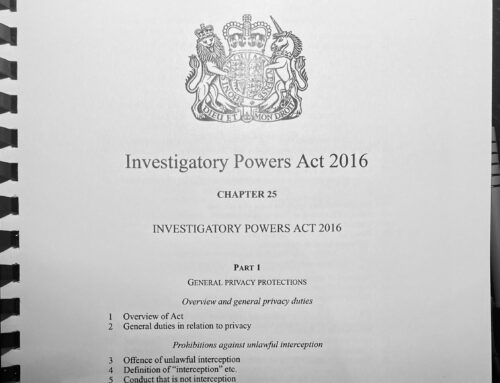Many people are more learned than I am in European human rights law, and many others more thoroughly immersed in UK national security. But having spent significant time in each of those worlds over the past 30 years, including through my work as Independent Reviewer of Terrorism Legislation and as a practitioner in Strasbourg, I often think about the past and possible future impact of the ECHR on our national security. The Denning Society gave me the opportunity to develop these thoughts in their annual lecture, which I gave on 27 November 2024 in Old Hall, Lincoln’s Inn.
I summarised the impact of human rights law on our national security as follows:
The parliamentary and judicial accountability that is demanded by the European Convention both protects our liberties and helps build broader public trust in the guardians of our national security. The application of human rights has done little to hamper the fight against terrorism, and much to secure its legitimacy. It will continue to serve us well as our national security focus shifts back towards state threats and hybrid warfare, on our territory and in our minds.
Responding to recent calls for UK withdrawal from the European Convention system, I advanced four reasons for staying and concluded:
The Convention embodies what we fought for, what we still stand for, and the values that we have helped more than perhaps any other country to project across a once divided continent. To abandon it now would be to cast aside our compass in treacherous terrain, and to signal to newer democracies than ours that no such compass is needed. That would be an act, I suggest, of the purest folly.
The legal commentator Joshua Rozenberg attended the lecture and summarised it on his substack.
The full text of the lecture is here: National Security and Human Rights.






